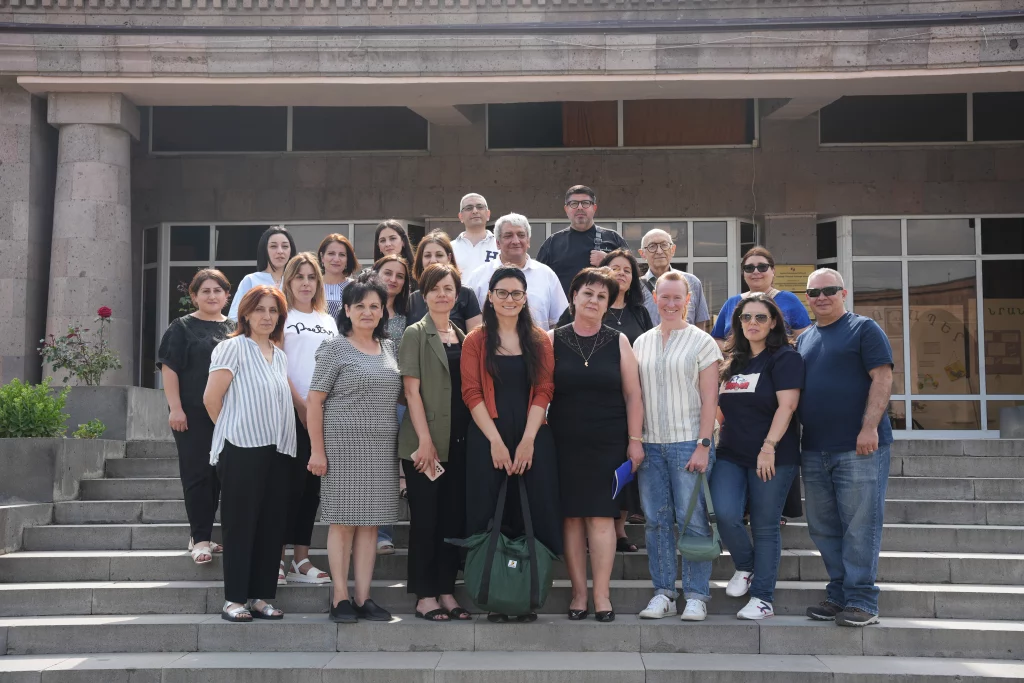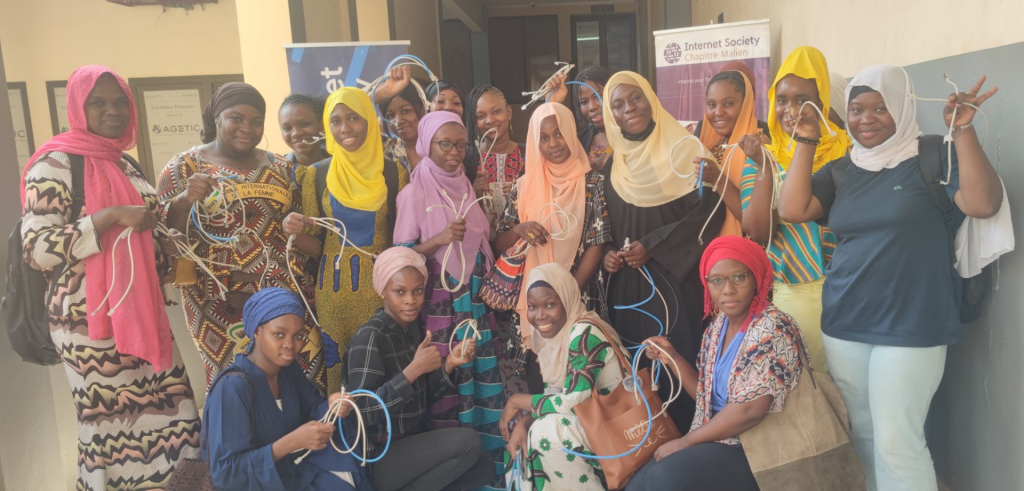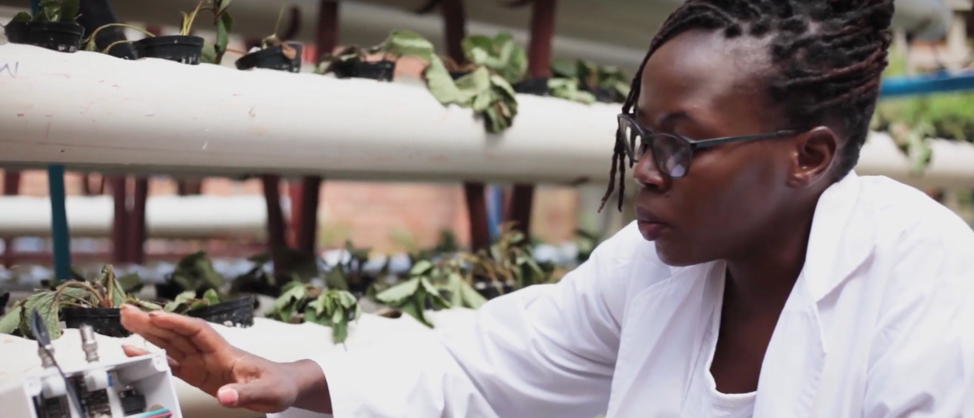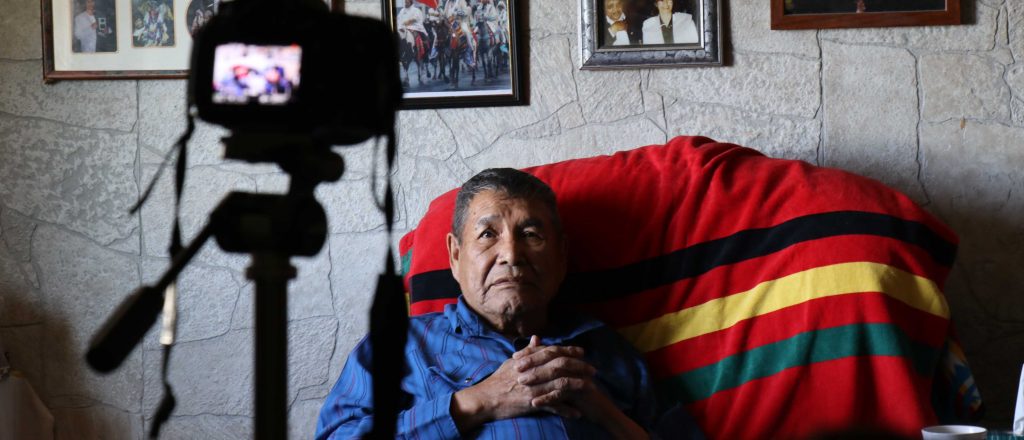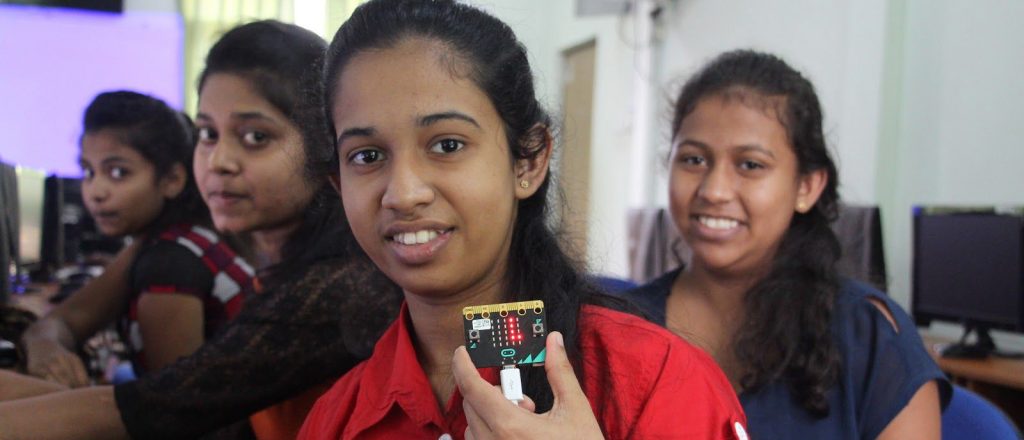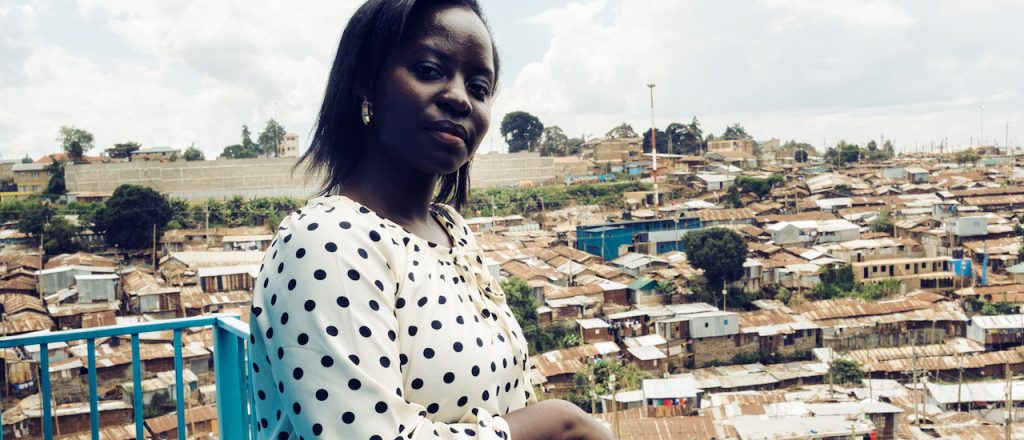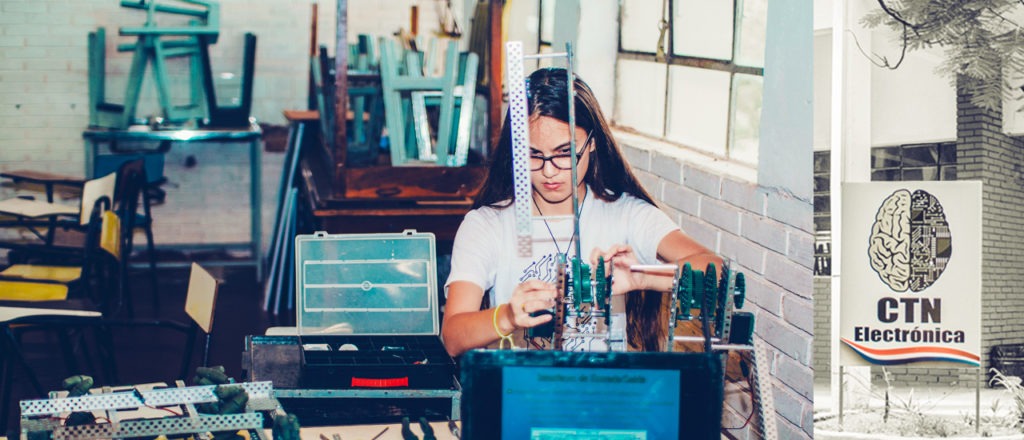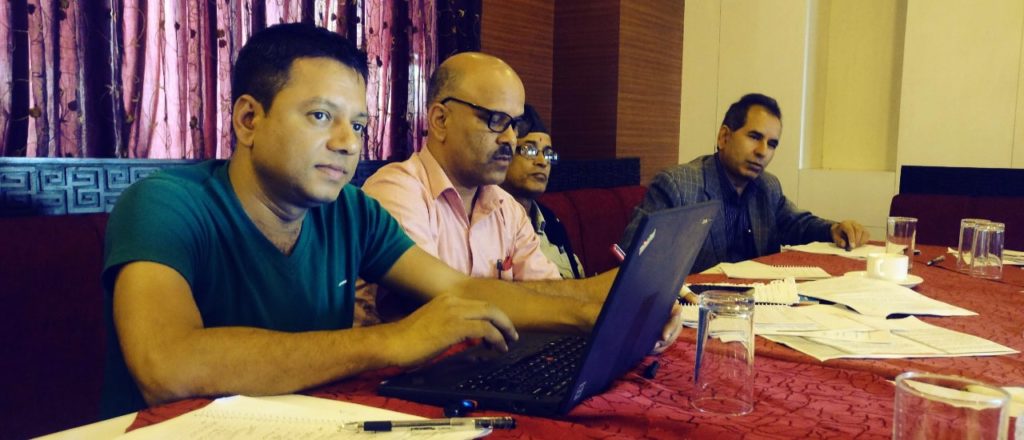Around the world, the digital divide poses a significant obstacle to economic opportunity, education, and social inclusion. In Armenia, this divide is most pronounced in rural communities and former centers of industrial manufacturing, where an estimated third of Armenians living in poverty reside. Lack of access to the Internet and computers prevents rural Armenians from…
Read MoreIn a country where few women and girls attend secondary school, let alone higher education and even fewer pursue careers in STEM, 25 women, and girls are bucking that trend, bolstered by practical training made possible by a Beyond the Net Grant from the Internet Society Foundation. More than a decade of conflict and deeply rooted gender…
Read MoreAfter decades of steady decline, world hunger is on the rise. An estimated 821 million people in the world suffered from hunger in 2018, and Africa remains the world’s most food-insecure region. Similar to urban slums around the world, Zimbabwe’s densely populated slum of Mbare faces several challenges that affect the community’s access to food.…
Read MoreThere are an estimated 6,000 languages spoken globally, but according to the United Nations nearly half are endangered Only a few hundred have been given a place in education systems and the public domain. Less than a hundred languages are used in the digital world.
After centuries of colonization and discrimination, Indigenous languages face the greatest threats.
Read MoreIn Sri Lanka girls make up a little over 50% of the school population, but just 20% of those studying Information and Communications Technology. Girls in Technology, launched by the Internet Society Sri Lanka Chapter in 2018, wants to change that.
Read MoreIn one of the largest urban slums in Africa, people live in abject poverty. The nearly 200,000 residents of Kibera, located in Nairobi, Kenya, have an average income of a little over $1 a day, while many people lack access to basic amenities such as adequate medical care and clean piped water. In 2016 the Tunapanda Institute decided to address some of these issues.
Read MoreA recent survey on how children use the Internet, included some surprises. “Safe Online, Safe On Land” addresses some of these issues.
Read MoreColegio Técnico Nacional (CTN), a secondary school located in Asunción, is one of the top schools in Paraguay offering the technical baccalaureate.
Read MoreRecently, the Federal Parliament of Nepal introduced two pieces of legislation: the Individual Privacy bill, which deals with online privacy and data protection, and the Information Technology bill, which aims to replace the existing Electronic Transaction Act and has a broad scope.
Read MoreUnmanned Aerial Vehicles (UAVs) – more commonly known as drones – can be a powerful tool to speed up the post-disaster assessment process.
Read More
